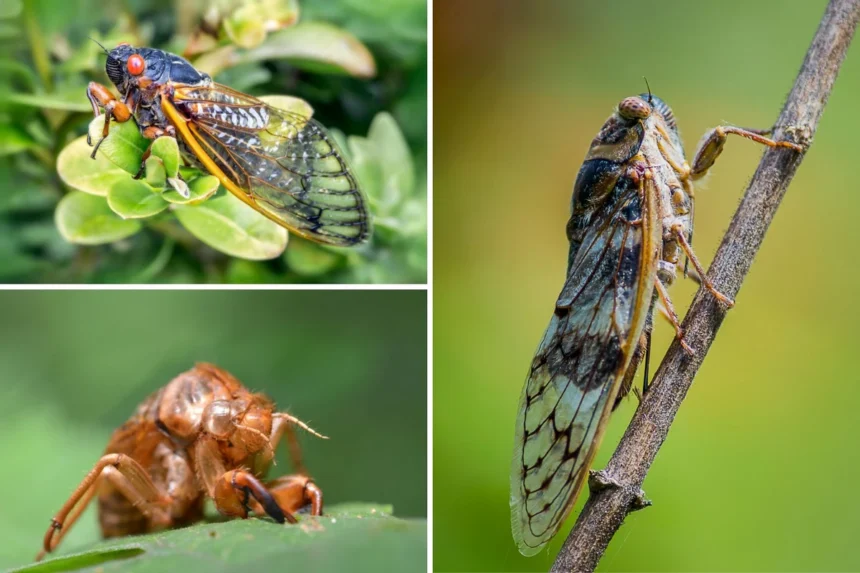New Forest Cicada Reintroduction Revives Rare Insect Species in Southern England

The New Forest cicada reintroduction marks a hopeful turning point for one of Britain’s rarest insect species. After more than three decades of silence, the distinctive song of these musical insects may once again echo through southern England. Conservationists have reintroduced the cicadas to a specially designed habitat in Hampshire, aiming to restore their lost population.
How the New Forest Cicada Reintroduction Is Restoring Native Biodiversity
Once common in the New Forest National Park, the cicadas had not been spotted in the wild since the 1990s. Conservationists from the Species Recovery Trust (SRT) believe that land-use changes played a major role in their disappearance.

This week, the team released 11 female cicadas into a secure site near Romsey, close to their former habitat. The area was carefully prepared to mimic the conditions of their native environment, offering hope for a long-term revival.
A Complex and Hopeful Conservation Mission
According to SRT project coordinator Charlotte Carne, seeing the cicadas return was “like bringing them back from the dead.” She described the moment as deeply rewarding, especially given the difficulty of the project.
The team sourced the cicadas from northern France, where the species continues to thrive. Some of the relocated females are thought to be pregnant and have already started laying eggs in the new habitat.
Looking Ahead: A Long-Term Recovery Plan
The lifecycle of the New Forest cicada includes a lengthy underground nymph stage, lasting at least four years. As a result, researchers won’t know whether the reintroduction has succeeded until 2029 at the earliest.

Nevertheless, the team remains optimistic. If the initial group establishes itself, future plans involve releasing more adult cicadas into undisclosed parts of the New Forest to protect the population from human interference.
Support and Significance
This first-of-its-kind project was supported in part by Natural England, which hailed the initiative as a major step toward restoring native insect populations. Graham Norton, speaking on behalf of the organization, expressed enthusiasm about this critical milestone and the next phase of reintroduction.
Restoring a Forgotten Sound
The New Forest cicada reintroduction marks a powerful step in reviving Britain’s lost species and reconnecting people with the sounds of a wilder, more biodiverse countryside. With careful stewardship, the song of the cicada may once again become a regular part of Hampshire’s summer soundscape.




